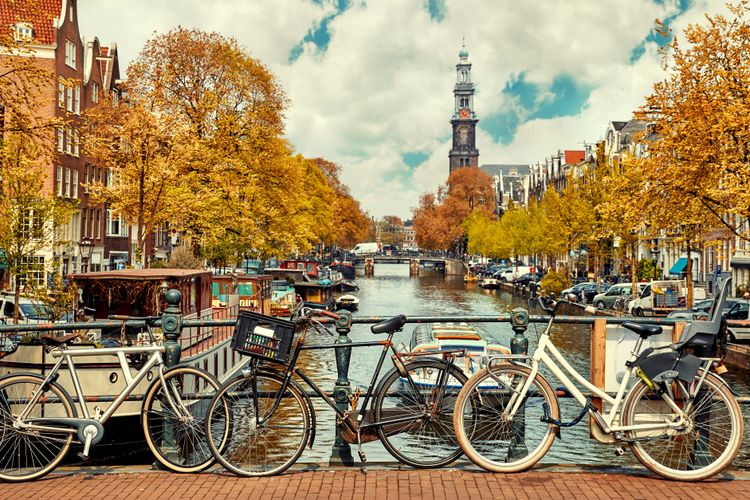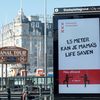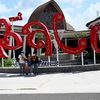Summer Did Little to Boost Tourism in Europe during Pandemic

That was evident on a late summer's day in Bruges, when usually throngs of American, Asian, and European tourists stroll along the cobblestone streets below the city's gabled houses, bringing annual visits to over 8 million in the city of 110,000.
“The swans have it all to themselves," muttered Michiel Michielsens as he slowed his boat behind a bank of swans on a city canal.
On a normal day — not like the one when he had 114 customers instead of 1,200 — tourists instead of birds would rule the waters.
Now a boat could be seen showing a single couple around instead of its normal load of 40 people.
For tourists who can live with wearing masks for hours, there are some advantages.
In Bruges, it extends to the city's famed museums, where the medieval Flemish Primitives take center stage.
Instead of craning over other tourists flashing smartphones, any visitor could now be alone for minutes on end to study in detail one of Jan Van Eyck's most famous pictures “Our Lady with the Child Jesus, St. George, St. Donaas and canon van der Paele.”
All this is bittersweet to museum officials though. Across Europe, just about all have had to close for months early this year, and the outlook is bleak.
Attendance has now slumped to a quarter of what it was in 2019 at Bruges museums. But during the uptick in July “we had 50 percent".
“So it’s declining gradually. Every month we see the numbers declining," said Jonathan Nowakowski, the Business Director of Bruges Museums.
“I can tell you that we’re looking at losses of €3.4 to €4 million this year," despite expectations being high in a Van Eyck memorial year with special exhibits.
“We had we thought we would have had huge numbers of visitors," he said.
It all quickly trickles down to hotels, restaurants, shops and the survival of families. For those who own the building it is more manageable than for those who rent a building.
With reservations down for the next months, some hotels will just close down, knowing the costs will never match the puny revenue. Others are using the low winter rates in summer.
A great many put staff on temporary unemployment, and they acknowledge government aid has been a help.









































